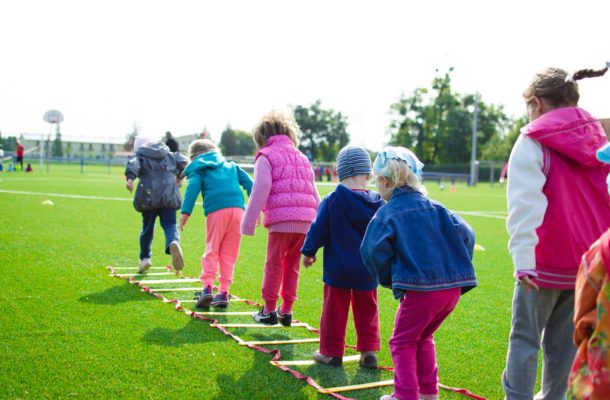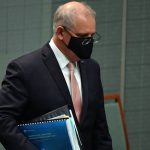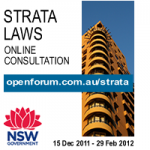Australia’s child and youth report card – Could do better

The Australian Research Alliance for Children and Youth (ARACY) is calling for the problems facing young Australians to become a top priority for all governments in light of a new report showing Australia ranks in the middle of the pack among developed nations on most key measures of child wellbeing.
The call came as ARACY released its 2018 Report Card: The wellbeing of young Australians which uses the latest information available to track how young Australians are faring in international comparisons against 75 indicators of health and wellbeing.
Key findings from the 2018 report card include:
Falling immunisation rates: The proportion of children aged 2 who are fully immunised fell from 92.7 per cent in 2008 to 90.5 per cent in December 2017. In 2015 Australia ranked near the bottom in the OECD for Measles Immunisation (33 of 35 nations) and 31 of 35 nations for Whooping Cough vaccination.<
Increasing rates of mental illness: In 2014-15, 15.4 per cent of Australians aged 18 to 24 years suffered high or very high psychological distress up from 11.8 per cent in 2011.
Aboriginal and Torres Strait Islander Australians: Across most measures young Aboriginal and Torres Strait Islander Australians face extra obstacles. For example, they are over three times more likely to commit suicide than non-Indigenous youth and more than three times more likely to die of injury before the age of 14.
There is some good news: smoking rates among young people are the lowest in the developed world, and Australia continues to lead in areas such as life expectancy at birth and the amount of time parents spend with their children each day.
ARACY CEO Stephen Bartos summarised the report card as “Australia: trying hard, could do better”.
“Every young person deserves a chance to succeed in life. We are doing well by some measures, but on far too many the data shows large numbers of Australian kids are missing out. A particular concern is too many Aboriginal and Torres Strait Islander kids are not getting a fair go.
“Because the issues children and young people face are complex, solutions must be integrated. ARACY encourages cooperation between state and federal governments, researchers, the community sector, and young Australians to ensure that every taxpayer dollar is being used to maximum effect based on evidence of what works.
“It is up to all governments to take the lead, for example, by placing a Minister with cross-cutting responsibility for children at the Cabinet table.
“We also ask all Premiers and Chief Ministers to consider ways to ensure Australia’s children are top priority. Making the issues young Australians face a regular item on the COAG agenda may also be a useful step.
“Helping all young Australians to reach their potential requires a more coordinated approach. Young people depend on a range of policies and services including health, education, employment, and justice, all of which work better when they cooperate and align.
“However it is to be done, Australia’s children must be given top priority.”
Mr Bartos said a bright aspect of the report is the fact it shows Aboriginal and Torres Strait Islander communities are leading the way on increasing Year 12 retention rates.
“We’ve seen Year 12 retention rates in Aboriginal and Torres Strait Islander communities improve faster than the average between 2011 and 2017. The continuation of this type of success in Indigenous education will be a major factor in helping to improve the wellbeing of these Australian children,” Mr Bartos said.
This is the third ARACY Report Card updating previous editions released in 2013 and 2008.
It uses the latest available data, from a range of sources (including the Australian Bureau of Statistics and the OECD) across a range of indicators. Where possible the Report Card includes comparisons using similar indicators for the Aboriginal and Torres Strait Islander population as well as international comparisons.
The Report Card was made possible with funding from the Australian Government Department of Social Services. It is based on The Nest, an evidence-based policy framework outlining priorities for investment in six areas which must be properly met for a young person to have well-being.
These factors include the need to be loved and safe, to enjoy basic material goods, to be healthy, to have access to learning, to be able to participate and to have a positive sense of identity and culture.

Open Forum is a policy discussion website examining the social, political, economic, cultural and environmental issues of today. We welcome contributions and invite you to follow us on Twitter, Linkedin, Federated Press and Vivaldi Social. We #StandwithUkraine.











